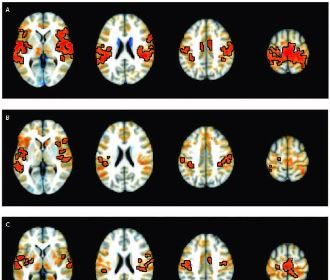Researchers Begin Study of IV Iron Treatment for Post-Pregnancy Anemia

WASHINGTON — Researchers supported by the National Institutes of Health are launching a large-scale study to evaluate a single dose of intravenous iron to treat women experiencing anemia after giving birth.
The study will enroll nearly 5,000 women in Bangladesh, India, Pakistan, the Democratic Republic of Congo, Kenya, Zambia and Guatemala.
It will be conducted by researchers in the Global Network for Women’s and Children’s Health, a group of clinical sites funded by the NIH’s Eunice Kennedy Shriver National Institute of Child Health and Human Development.
The Foundation for the NIH is providing more than $6 million in funding for the study, with contributions from a grant from the Bill and Melinda Gates Foundation.
Participants will be randomized to receive either a single dose of intravenous iron solution between six- and 48-hours after giving birth or a six-week supply of oral iron supplements. According to the standard of care, both groups also will receive the vitamin folate in the infusion or as tablets.
Iron deficiency anemia increases sharply among individuals after birth, resulting in fatigue, weakness, shortness of breath, reduced cognitive abilities, depression and other symptoms. Anemia may also compromise a mother’s ability to provide care for her baby.
Previous studies have found intravenous iron to be effective at preventing anemia in pregnancy, but it has not been studied as a treatment for anemia after pregnancy. Researchers will compare the prevalence of mild anemia, iron levels, depression scores, quality of life scores and other measures between the two groups to assess the treatment’s effectiveness.
Dan can be reached at [email protected] and at https://twitter.com/DanMcCue

























